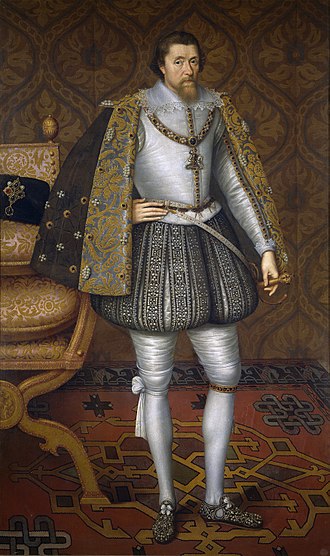Sovereignty in the Political Thought of James VI, King of Scots
DOI:
https://doi.org/10.15170/SPMNNV.2005.03.07Keywords:
political thinking, political theory, absolutismAbstract
Contrary to a common understanding shared by many hi storians the Scottish English ruler King James (VI) and I was not an ardent defender of absolutism. It was only in his very first work written to refute and refuse the political ideas of especialy his tutor, George Buchanan as well as the group known for c ontemparies as monarchomachi (a term coined by William Barclay) that the King of Scots represented absolutist views in the Bodinian sense of the word. One should not neglect the fact that in order to be an absolutist political theoretician one must claim that the monarch is the exclusive maker of all the laws in his or her realm. This was maintained by James in The Trew Law of Free Monarchies but in none of his other works and speeches did he express himself in this vein. This holds as much true of th e Basilikon Doron as his parliamentary speeches in London or his polemical writings against the Neo Thomist Jesuits. Neverthless, he remained within the tradition of the divine right of kings throughout his life. My contribution to this volume observes The Trew Law and proves that absolutism and divine right were in fact combined by the royal author in the above mentioned treatise.


